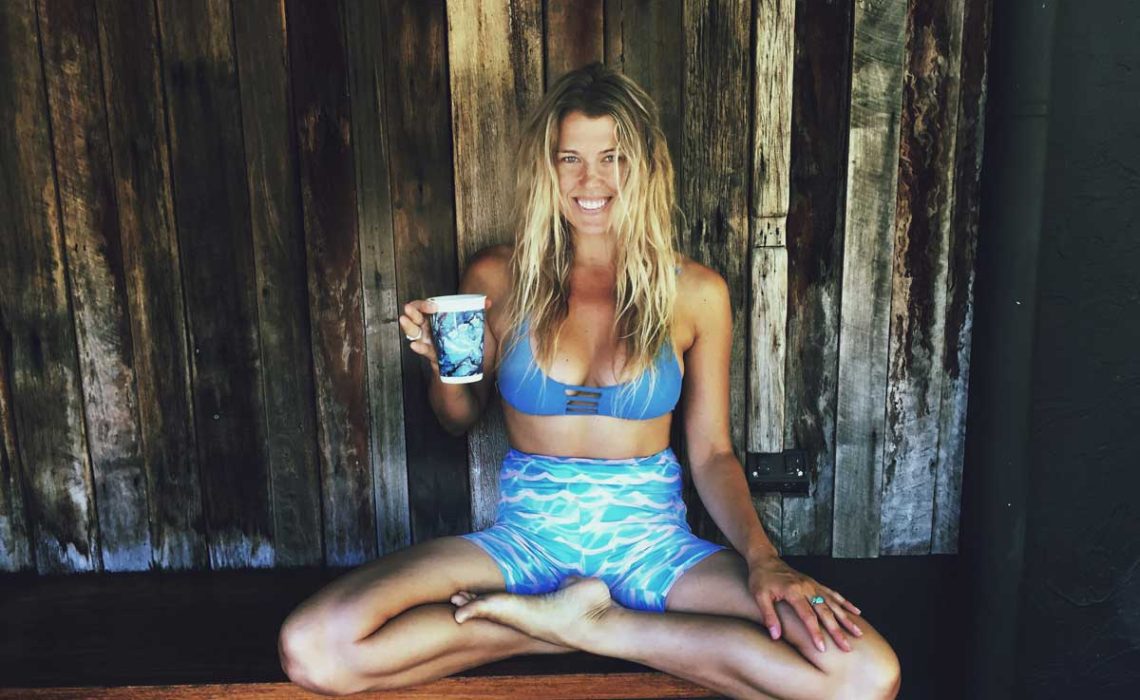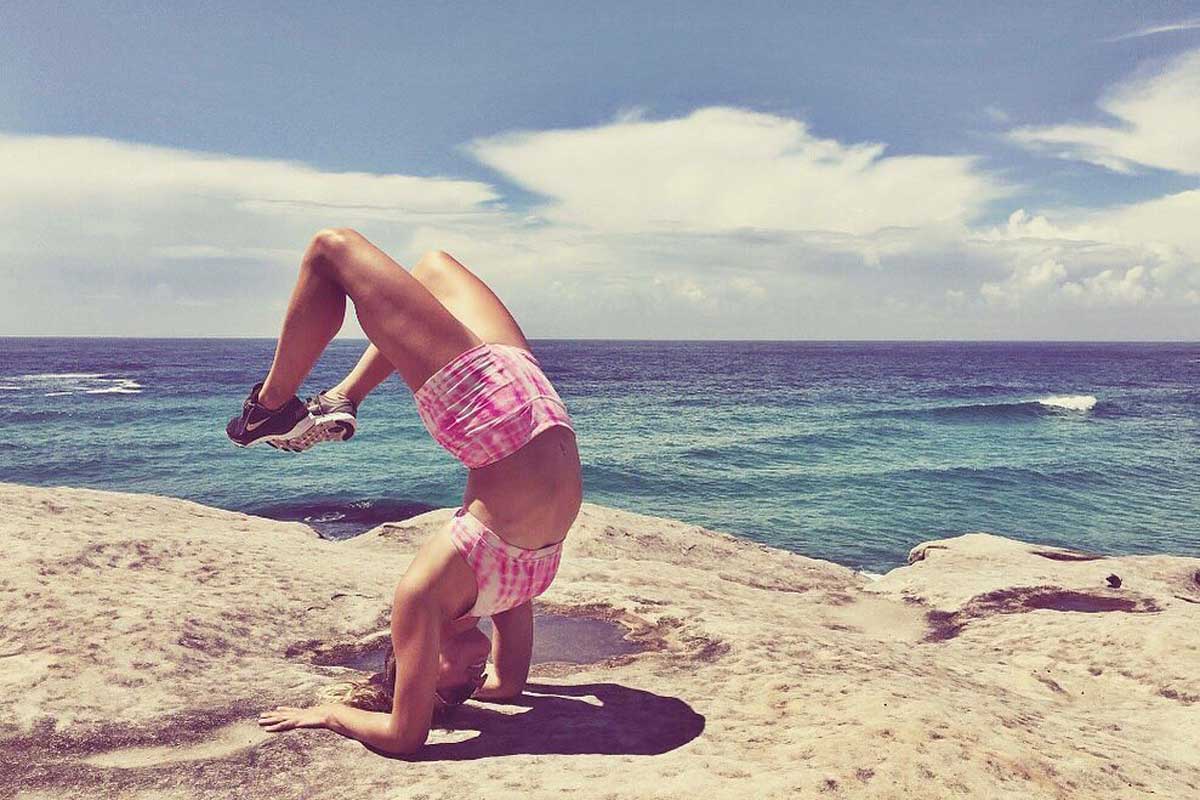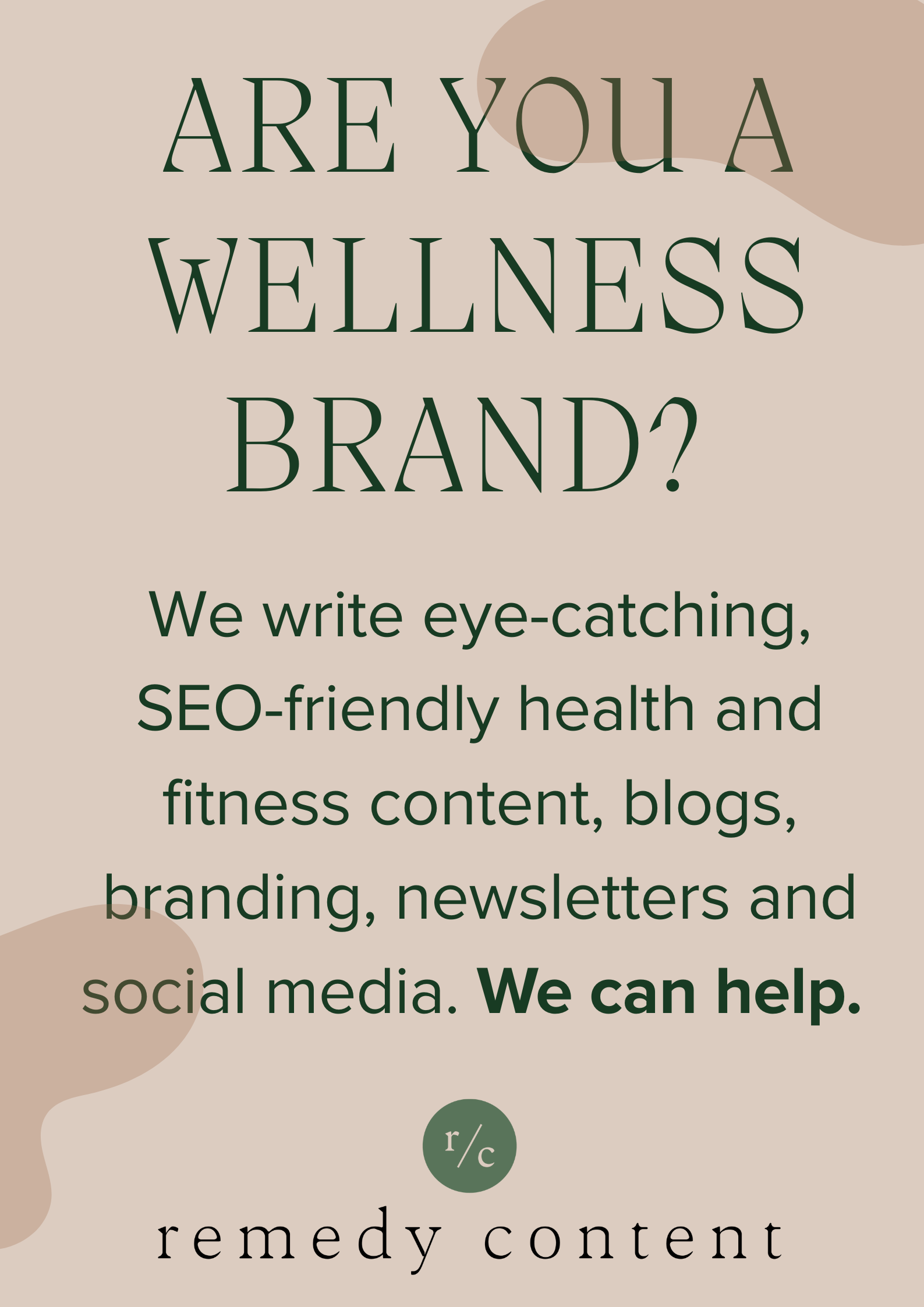
For most of us, trying to live more sustainability is a priority; we choose certain products and take certain actions to try and reduce our footprints in some way. And even though it gets harder and harder (why does everything come in packages!), we still try to make a difference. For one Aussie, a seemingly small decision to give up plastic has turned into a decade-long war on the stuff.
“I’ve been plastic free for the last decade,” explains Kate Nelson, aka Instagram’s Plastic-Free Mermaid. “What first sparked me to go plastic free was learning that plastic does not biodegrade for 1,000 years! I felt that of all the things impacting the planet, this was one thing I could do something about because I had the power to change my own habits.”
At the time (and like the rest of us), she was using so much single-use plastic that she figured just one person giving up plastic entirely for life could eliminate a huge amount of plastic pollution. So she did and, impressively, she hasn’t used a single piece since. But it hasn’t been easy. “The hardest thing was saying ‘no’ when everyone around me was saying ‘yes’… at a party, out to dinner, at a store,” she remembers.
To combat the endless questions, comments, and daily decisions, she took a playful approach calling herself a ‘mermaid’ and using the novelty factor of that to push her message. “I would make a hard claim that ‘I am a mermaid and allergic to plastics’,” she explains. “I didn’t back down for anyone and this would turn a potentially awkward or even a shaming moment for others into something fun and approachable.”
From food to household items, Nelson searched for alternatives, but one of the hardest areas to “de-plastic” was her wardrobe, because she says, there is so much to consider.
“There’s the supply chain, the materials, the transportation of the product around the world, the packaging, how long it’s going to last, it’s durability, if it’s going to need to be repaired or mended, and how it’s maintained after it’s been worn over a period of time!” she says.

So first, she looks on the clothing brand’s website to make sure they have a sustainability page and can explain the supply chain to see where their materials come from, how they’re processed and manufactured and if they have plans for the end of life of the product.
“It’s also a good idea to Google the materials that are listed on the tags of what you’re purchasing to see if they are made of plastic, and, I keep my eyes peeled for designs made in Australia. This is a big plus,” she says.
Another thing she looks for is whether the brand does their own repairs or takes back your clothing once it’s no longer wearable, which more and more shops are offering, including H & M.
“This is a really sustainable method [of consumerism] because then you aren’t stuck with clothing that you can no longer wear or donate to an op shop because it has holes or stains,” Nelson explains. “And these unwearable second-hand clothes will likely go into the bin which then make their way into landfill and create greenhouse gases as they break down in landfill.”
Over the past decide Nelson has learned a lot about reducing plastics throughout her life, and she also has some advice for those of us who want to make less of a footprint: Don’t try to do it all at once.
“I’ve seen people try to become ‘eco’ overnight,” she says. “They will put immense pressure on themselves to completely overhaul their lifestyle and when they mess up once, they feel so guilty and ashamed and give up.
Instead, Nelson says we must celebrate “progress over perfection” and allow a slow, steady change that happens through baby steps and a renewed commitment to building new habits. It’s this deliberate mindset to be more environmental that makes all the difference.
“People also often buy a ton of new ‘eco’ products thinking that this is the stuff that makes them environmental, but it’s actually the attitude to be more resourceful and creative in avoiding plastics,” she says. “Once someone begins to see how ubiquitous plastic is, they can get overwhelmed, like their impact won’t matter. But it absolutely does! And it has a ripple effect on the people around them.”
For more tips and advice for living a sustainable life, check out Kate Nelson’s website and Instagram.


